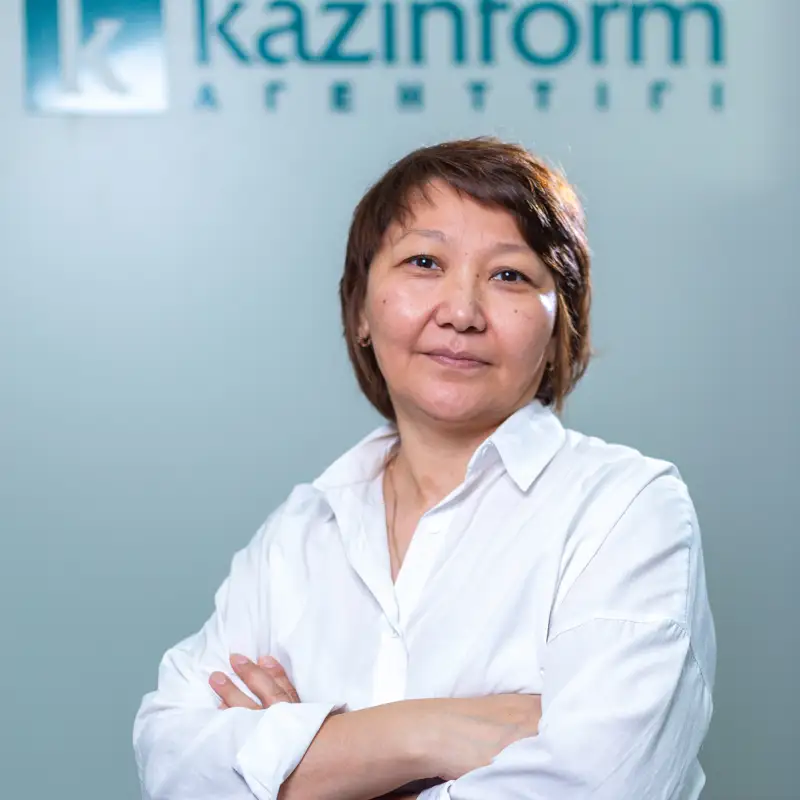Kazakhstan’s Karaganda region to develop 120 investment projects
Karaganda region will develop 120 investment projects in the years ahead, Kazinform News Agency cites the akimat’s press service.

Of which 29 are being developed. The region bets on the mining and processing industries. The hot-dip galvanizing plant and production of televisions and washing machines have already been launched.
The akimat meeting focused on the implementation of Kassym-Jomart Tokayev's Address to the Nation "Kazakhstan in the Age of Artificial Intelligence: Current Challenges and Their Solutions through Digital Transformation", it said in a statement.
Governor Yermaganbet Bulekpayev noted the region should become a platform for adopting advanced ideas.
He said, Karaganda region, known as the industrial center of Kazakhstan, should take the lead since it has a potent industrial basis, highly skilled staff and significant agrarian potential. The region should become a laboratory of the future of Kazakhstan integrating traditional production and new technologies, heavy industry and digital solutions.
Deputy governor Yermek Alpyssov noted the region actively attracts investments. The new projects are expected to generate over 20,000 jobs.
He outlined machine building, rubber and plastic goods manufacturing, and new areas of the processing sector as main drivers. The Saran industrial zone and Saryarka special economic zone operate in the region.
Geological exploration is developing in the region, which is called to expand the mineral resource base and launch enterprises for processing rare earth metals.
Karaganda region demonstrates success in diversifying the economy. Last year, the volume of products manufactured at enterprises in the region exceeded 3 trillion tenge.
As stated there, the region plans to invest 1.6 trillion tenge in the modernization of production and adopt new technologies at the Qarmet enterprises.
Besides, the meeting focused on the key tourist sites and mapped out new steps for further development of new routes.
In conclusion, the governor said the President’s Address defined the key challenge – preparing for the future where technocentrism plays a key role.
